af Magazine
~The Asahi Glass Foundation’s web magazine on the global environment~


One Million Species on the Brink of Extinction? Why Biodiversity Matters
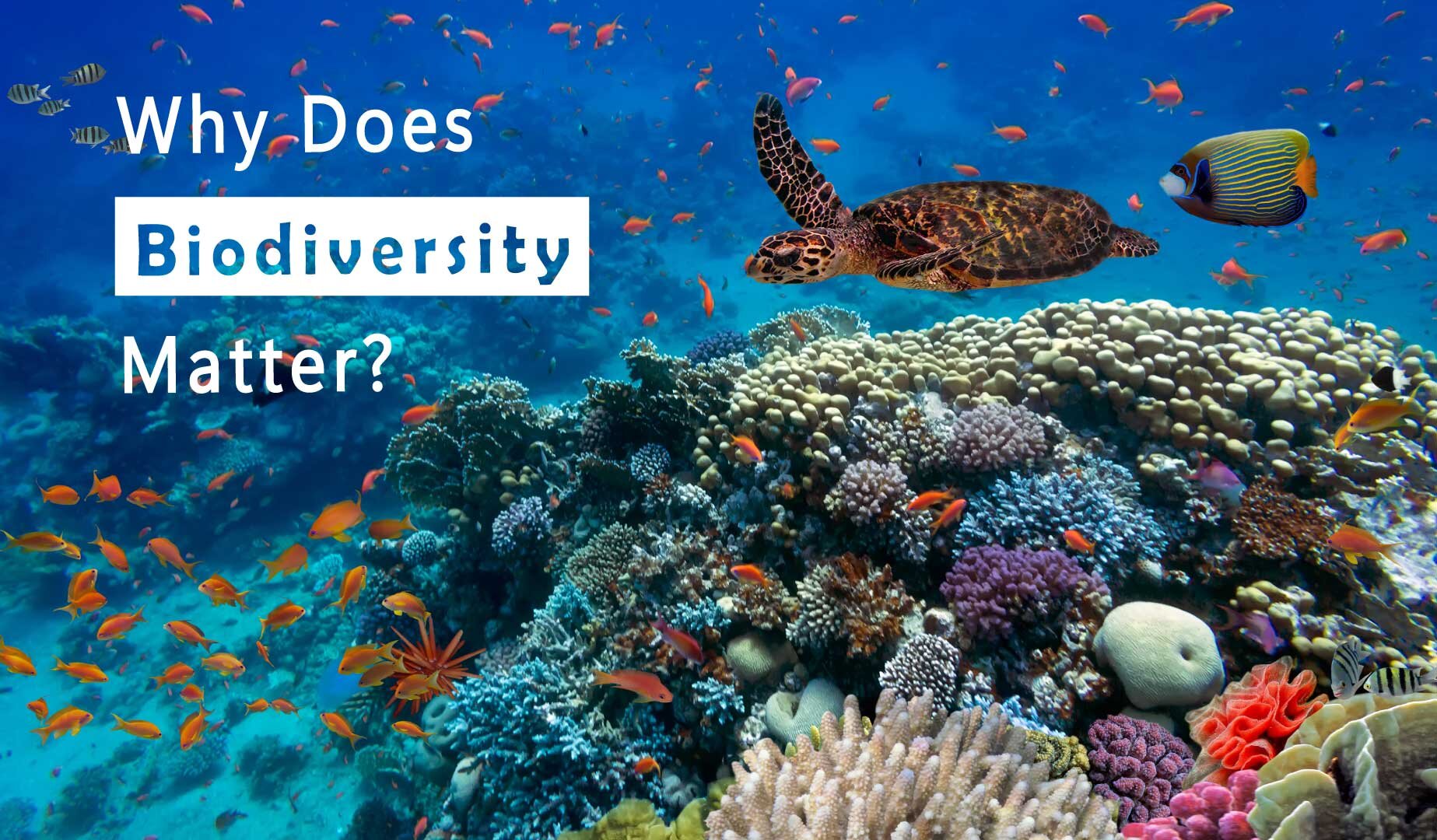
Dr. Anne Larigauderie, Executive Secretary of the Intergovernmental Science-Policy Platform on Biodiversity and Ecosystem Services (IPBES*), warns of a devastating loss of biodiversity on Earth if we continue on our current path.
In June 2024, the Asahi Glass Foundation announced that IPBES will receive the 2024 Blue Planet Prize in October for its outstanding work in addressing global environmental issues. The prize is an international award presented to individuals or organizations that have made significant contributions to research on Earth's environmental problems.
Business Insider Japan conducted an online interview with Dr. Larigauderie to discuss the current state of biodiversity and IPBES's initiatives.
*IPBES is pronounced with IP as in 'hip' and BES like 'best'.
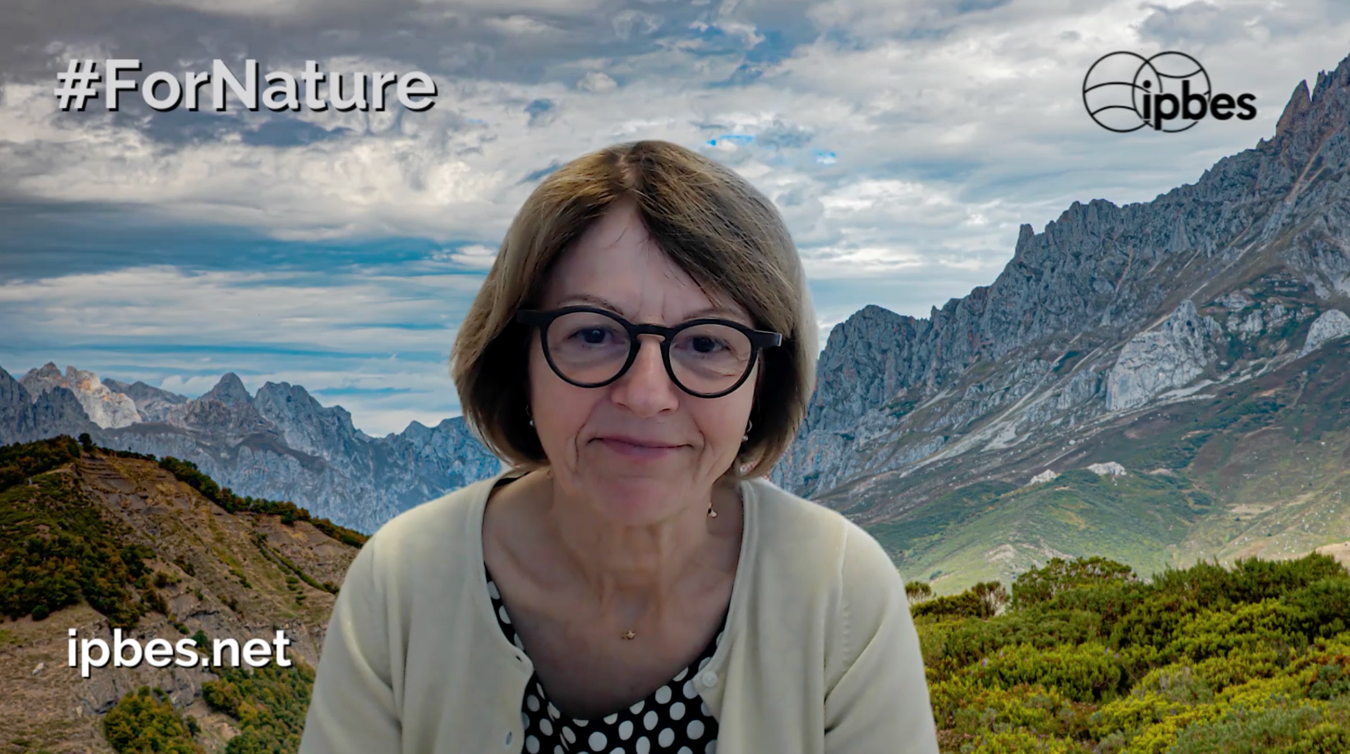
"If we continue on our current path, nearly one million species of plants and animals, or one-eighth of all plant and animal species on Earth, will face extinction, many within decades" warns Larigauderie.
"People rely on healthy natural ecosystems for the food, water, and clean air we need to live.
However, despite their vital role, many of those contributions from nature have been declining over the past 50 years."
Humanity is destroying nature and ecosystems at an unprecedented rate and scale.
In freshwater ecosystems, for example, 85% of the area that existed in 1970 has already been lost, and more than three-quarters of the Earth's surface has been significantly altered by human activities.
This loss of biodiversity is, of course, also having a major impact on the functioning of the ecosystems on which people depend for life, and the many other vital contributions that nature makes to our well-being.
For example, nature's regulating contributions to people that depend on biodiversity, such as animal pollination, essential for growing crops; disease and infection prevention; and soil and freshwater maintenance, are being significantly damaged by human activities.
"On the other hand, our material dependence on nature is increasing, such as for food and fiber production and the supply of construction material like timber," says Larigauderie.
"This unsustainable overexploitation further erodes biodiversity, depriving us of the benefits we have long enjoyed from nature."
If we are to preserve and restore biodiversity, it is clear that we must urgently change our values, our systems, and the very way our societies are structured.
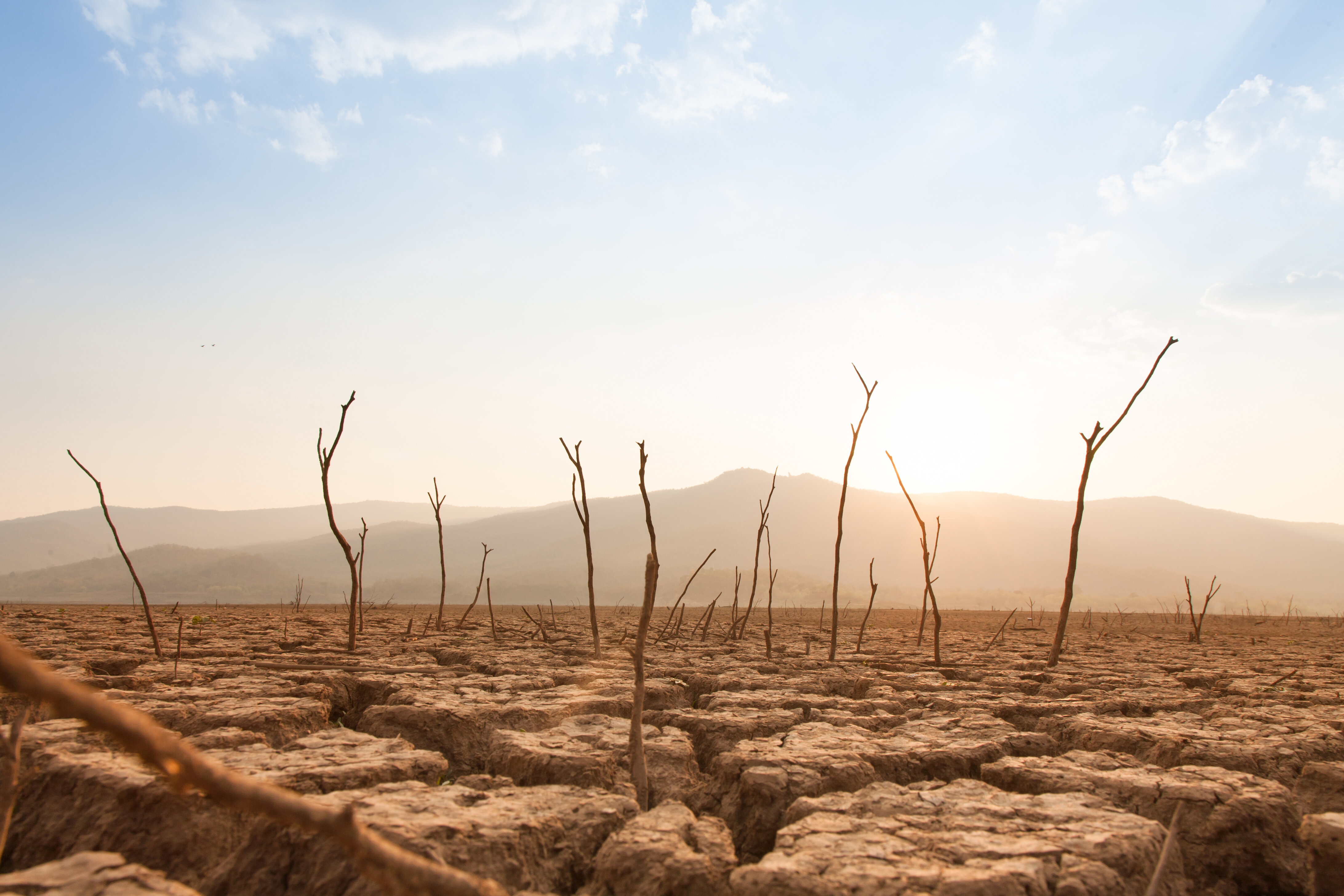
Initially, public attention to Earth's environmental concerns focused primarily on the climate crisis.
In 1988, the Intergovernmental Panel on Climate Change (IPCC) was established to address this growing concern. In 1992, the UN Conference on Environment and Development (UNCED), also known as the 'Earth Summit', was held in Rio de Janeiro. This landmark event resulted in the adoption of three key environmental agreements: the United Nations Framework Convention on Climate Change (UNFCCC), the Convention on Biological Diversity (CBD), and the United Nations Convention to Combat Desertification (UNCCD), collectively known as the "Three Rio Conventions."
For a long time, biodiversity received less attention, concern and action than climate change, and it was not until 2005 that the Millennium Ecosystem Assessment report was finally released.
"This report was the world's first environmental assessment that also covered the issues of biodiversity, created by scientists who came together voluntarily out of a sense of crisis," Larigauderie said.
"The report significantly impacted the international community by highlighting the critical role of biodiversity and its connection to human well-being.
However, there was no mechanism at the time to create such reports on an ongoing basis, and with the involvement of governments."
Subsequently, international discussions began on the need to establish a mechanism for ongoing assessment of biodiversity, similar to the IPCC for climate change. In 2012, more than 90 Governments decided to establish IPBES, with its secretariat located in Bonn, Germany.

IPBES first published its Assessment Report on Pollinators, Pollination and Food Production in 2016.
The report highlighted the remarkable decline of animal pollinators such as bees and butterflies worldwide, warning that this poses a serious threat to food security.
Larigauderie explained that The Global Assessment Report on Biodiversity and Ecosystem Services, released in 2019, had an even greater impact.
"IPBES undertook the project over a period of about three years, with the participation of 500 scientists from around the world and a comprehensive review of more than 15,000 scientific papers and sources.
The results revealed, among other key findings, the alarming reality that one million species of plants and animals now face the threat of extinction."
In response to this report, the 15th Conference of the Parties (COP15) to the Convention on Biological Diversity set a mission to "take urgent action to halt and reverse biodiversity loss to put nature on a path to recovery by 2030."
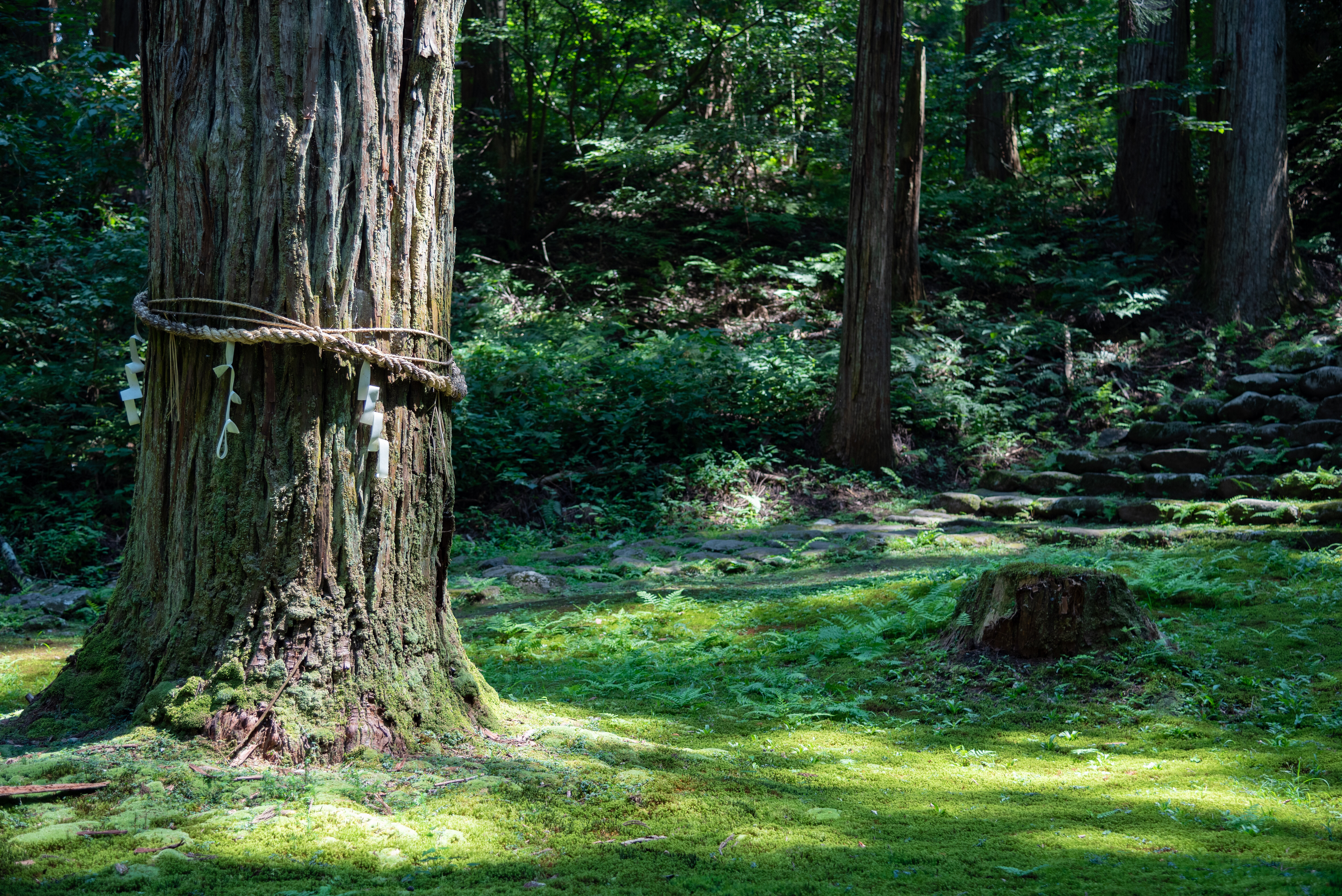
IPBES released the Assessment Report on the Diverse Values and Valuation of Nature in 2022.
The report highlighted the current situation in which people often undervalue biodiversity. We prioritize short-term economic or market-related gains from nature while failing to recognize the non-market and longer-term contributions it provides to people.
The report also delves into the various ways people interact with and value nature. Larigauderie explained four ways that people relate to nature, which can be organized into generalized modes of living from, in, with and as nature.
Larigauderie expressed her concern about the world's current overemphasis on "Living from Nature."
"I was once impressed by the sight of a thick rope wrapped around a large tree during a visit to Japan," Larigauderie says.
"It was a national natural monument and served as a symbolic example of people finding non-market values in nature. This resonated with me as the essence of 'Living as Nature' which acknowledges the intangible value of nature.
I believe that we should cherish these kinds of values more."
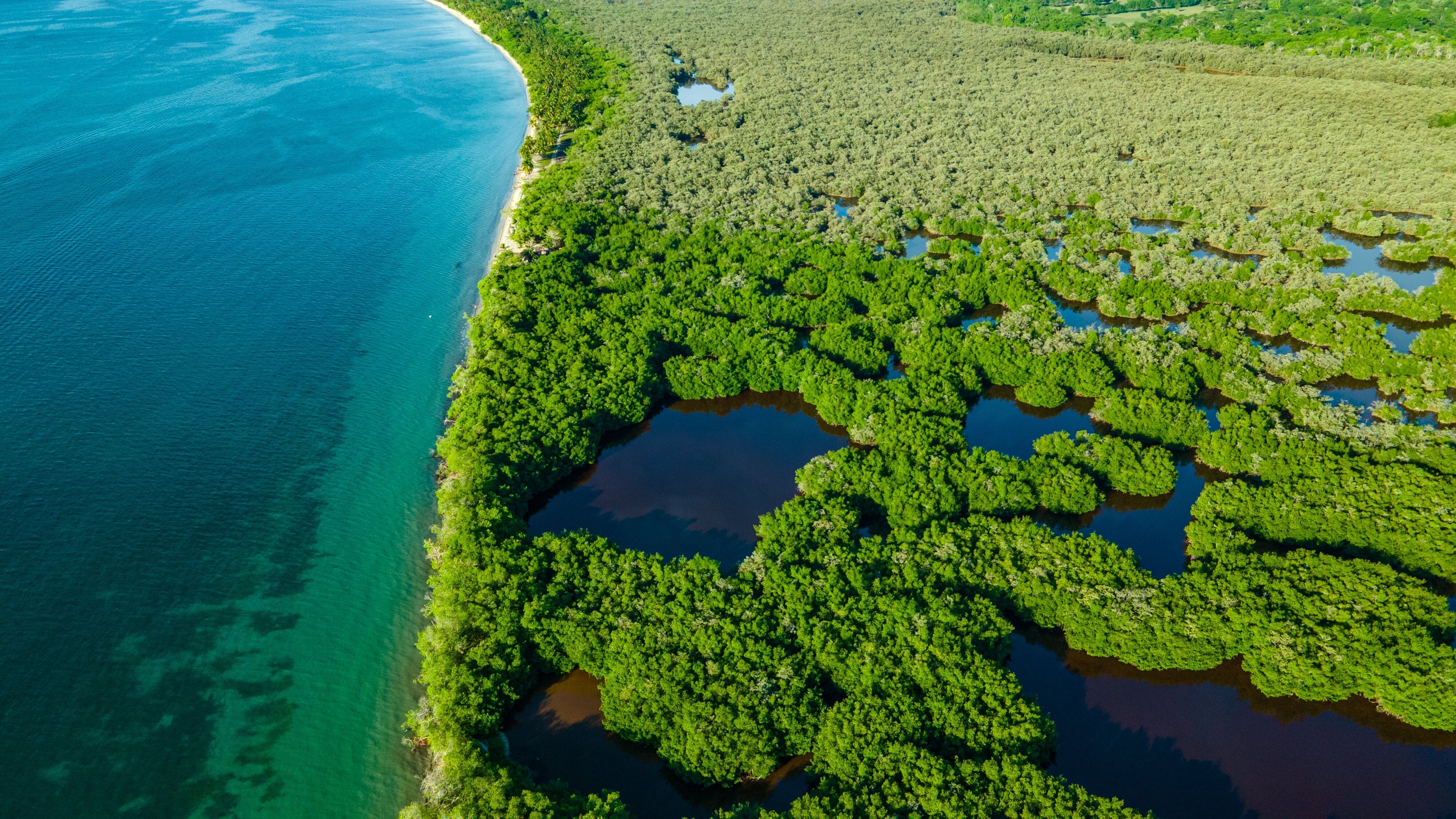
The 2022 Global Assessment Report's impact transcended the scientific and policy communities, resonating deeply with global influencers.
"After reading the report, global influencers such as the Pope, Al Gore, Hilary Clinton, Leonardo di Caprio, Trevor Noah, and Greta Thunberg took to social and traditional media to highlight the importance of biodiversity." Larigauderie remarked.
"While climate change had primarily captured the attention of influencers and young people to the point, IPBES has helped to elevate biodiversity issues to the same level of urgency and priority."
A decade since its establishment, IPBES has solidified its position as a leading scientific policy platform, providing a wealth of evidence and options for policymakers.
With a surge in demand from businesses seeking guidance on biodiversity, IPBES is also actively conducting research on how businesses can better protect, restore, and benefit from biodiversity.

"In 2025, IPBES will release a report on 'Business and Biodiversity' exploring the crucial role of businesses in stewarding and restoring biodiversity." Larigauderie explained.
Biodiversity has become a critical issue for global corporations, as evidenced by the World Economic Forum's annual Global Risks Report since 2020."
Some financial institutions are already scrutinizing their investments, avoiding companies that contribute to environmental destruction or release harmful substances into the environment.
Businesses are expected to recognize and address biodiversity issues throughout their entire supply chains. Cities also play a crucial role in biodiversity conservation. San Francisco, for example, has incorporated biodiversity considerations into its urban planning.
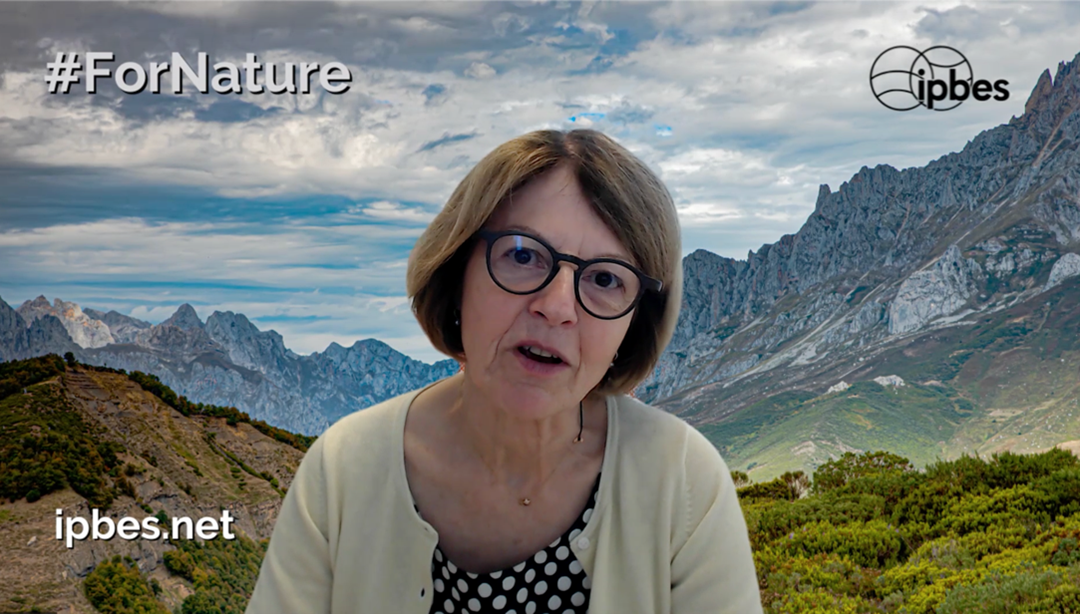
Larigauderie praises Japan, which held the G7 presidency, for "raising the topic of invasive alien species at the environmental ministers' meeting, which triggered a lot of attention to the issue of biodiversity."
Larigauderie concluded by expressing her thoughts on receiving the Blue Planet Prize and her aspirations for the future.
"Upon hearing the name of the Blue Planet Prize, I was reminded of the words of American astronomer and author Carl Sagan: 'The Earth is a very small stage in a vast cosmic arena.'
Seen from space, the Earth is a fragile and tiny planet; we must protect it with our own hands - and the work of IPBES offers everyone a chance to really see our natural world from a different set of perspectives - based on evidence, knowledge and expertise from every corner of our "Pale Blue Dot."
Researchers involved in IPBES activities generously contribute their time and expertise on a voluntary basis. They do so because they believe that their work can help conserve and restore biodiversity.
They will surely be pleased with this honor. We are committed to further developing our activities in the future."
***
*The commemorative lectures by the 2024 Blue Planet Prize laureates, including Professor Costanza, will be held on Thursday, October 24, 2024 at the University of Tokyo and on Saturday, October 26, 2024 at the University of Kyoto. A detailed lecture program will be released on the Asahi Glass Foundation website in August 2024, and registration for participation will begin at that time.
***
This article is a translation of an article published on Business Insider Japan.
Please click here for information about the Blue Planet Prize.

